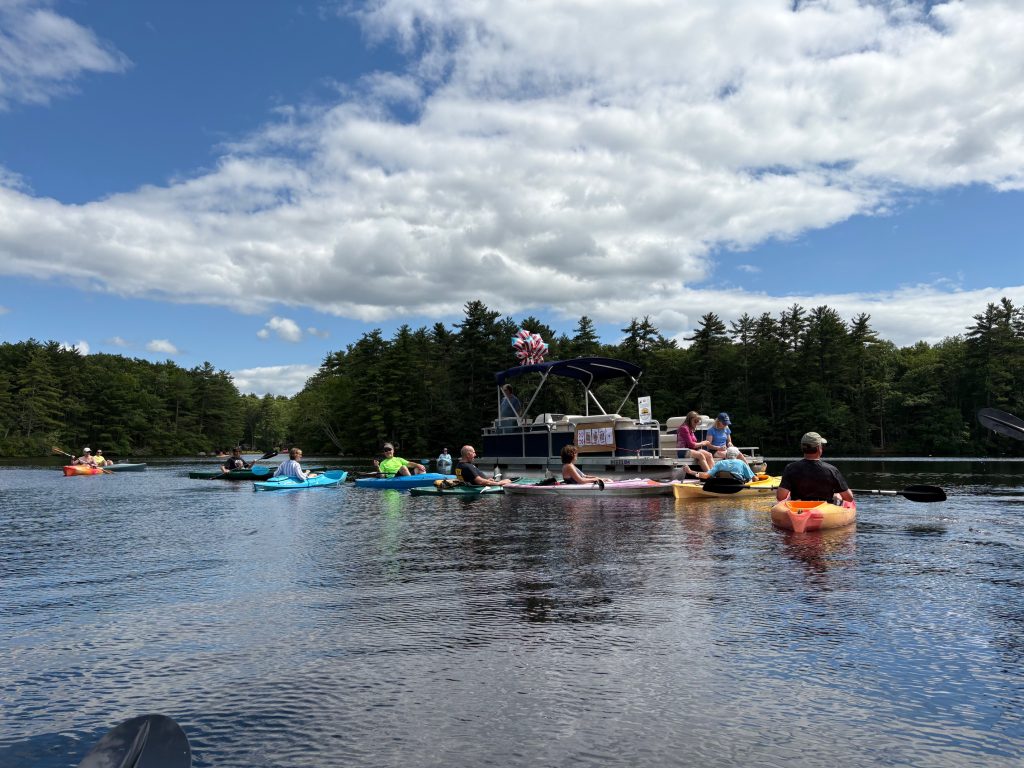
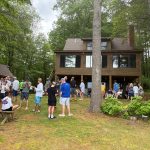
This sixth annual fundraiser attracted the highest number of participants ever, and raised a record $3,000 in the process! Profound thanks go to organizer Shelly Heit, raffle wrangler Michele LeFebvre, and host-with-the most Barb Thompson, along with all the other volunteers who put on this show!
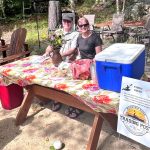
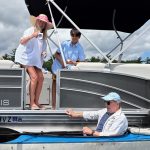
Due to rain, the event was postponed from Saturday, June 28 to Sunday, June 29. Mother Nature cooperated to give everyone a sun-filled day. The hosts at all five stations made it a fun-filled day, too! Karen Batchelder and Jeff Gurrier, Andrea Lawson, Kathryn and Roger Frieden, Susan and Joe Medeiros and Krista Brown, and Anne and Bill Noeth welcomed paddlers, doled out treats, and offered them playing cards to complete their hands.
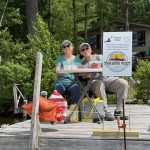

At the after party, it was time to buy more raffle tickets, assess poker hands, and perhaps buy an extra card or two to enhance chances of winning. Participants enjoyed some refreshments and chatted up friends and neighbors while they were at it.
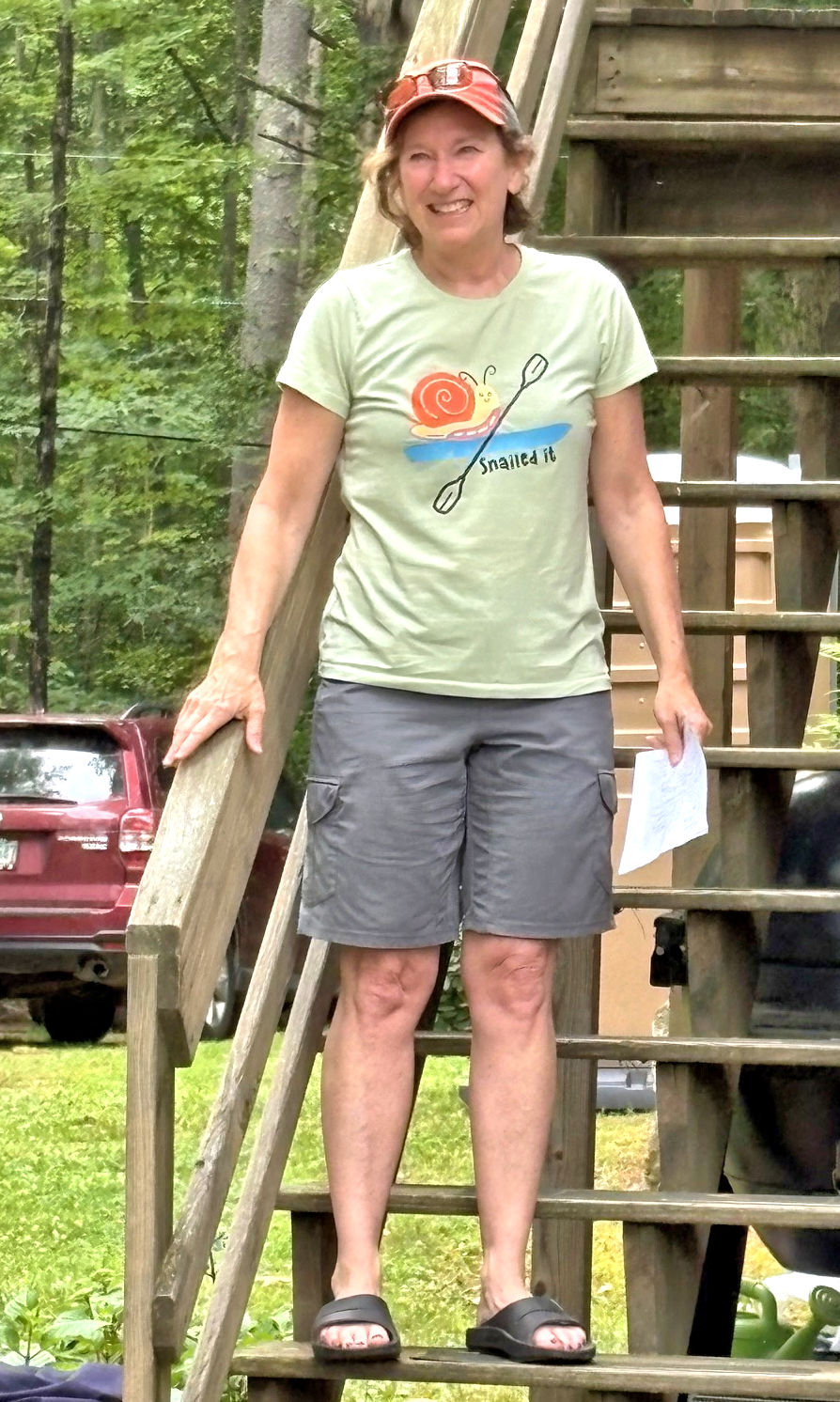 Shelly Heit welcomed the crowd and thanked the organizers for their energy and good cheer.
Shelly Heit welcomed the crowd and thanked the organizers for their energy and good cheer.
Neil Santos arrived with a bucket of freshly harvested milfoil to illustrate his remarks about the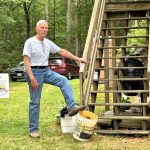 persistence of that noxious weed, and warned that it has been infiltrating our lake again, in alarming ways. His message: we cannot be complacent, because aquatic invasives like milfoil – and other dangerous pests – are a constant threat and vigilance is needed.
persistence of that noxious weed, and warned that it has been infiltrating our lake again, in alarming ways. His message: we cannot be complacent, because aquatic invasives like milfoil – and other dangerous pests – are a constant threat and vigilance is needed.
Bob Given made a pitch for more volunteers to help search for milfoil, pointing out that anyone who can sn orkel can learn to use the hookah for this activity. With milfoil proliferating again, searchers are urgently needed. Barb Thompson added that kayakers who support the divers are also in short supply, and even occasional volunteers are welcome.
orkel can learn to use the hookah for this activity. With milfoil proliferating again, searchers are urgently needed. Barb Thompson added that kayakers who support the divers are also in short supply, and even occasional volunteers are welcome.
The raffle drawing was next on the agenda – one prize even went to someone who had purchased a ticket at Annual Meeting but couldn’t attend the event! Finally, poker hands were evaluated and winners announced.




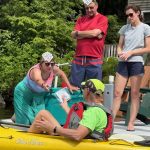
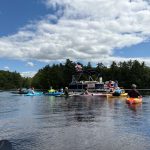




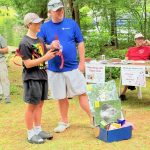

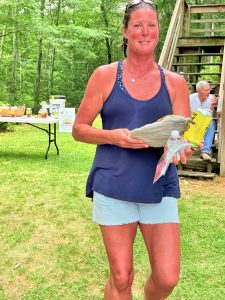
Win or lose, it was a lively and enjoyable afternoon on the lake for all involved.
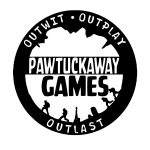 Saturday, September 13, 2025 1:00 – 4:00 PM
Saturday, September 13, 2025 1:00 – 4:00 PM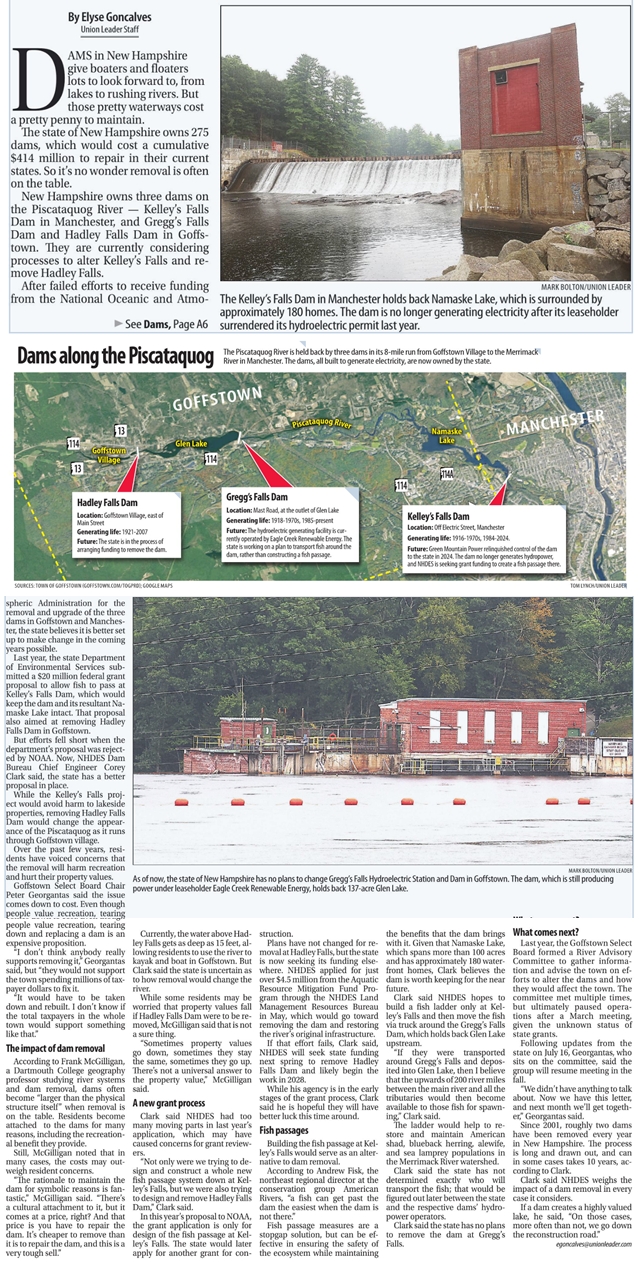
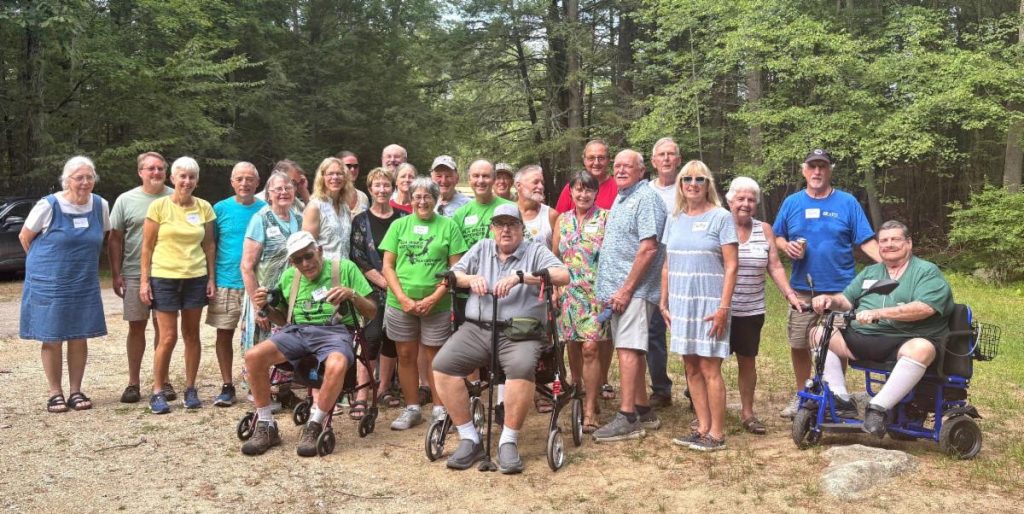
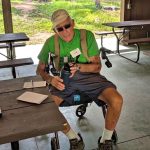
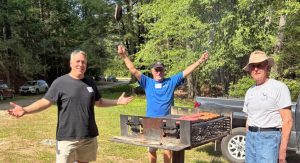 Steve Soreff got the group organized with name tags, our crew of Board members showed off their talents at the grill, and everyone got down to the business of schmoozing and dining.
Steve Soreff got the group organized with name tags, our crew of Board members showed off their talents at the grill, and everyone got down to the business of schmoozing and dining.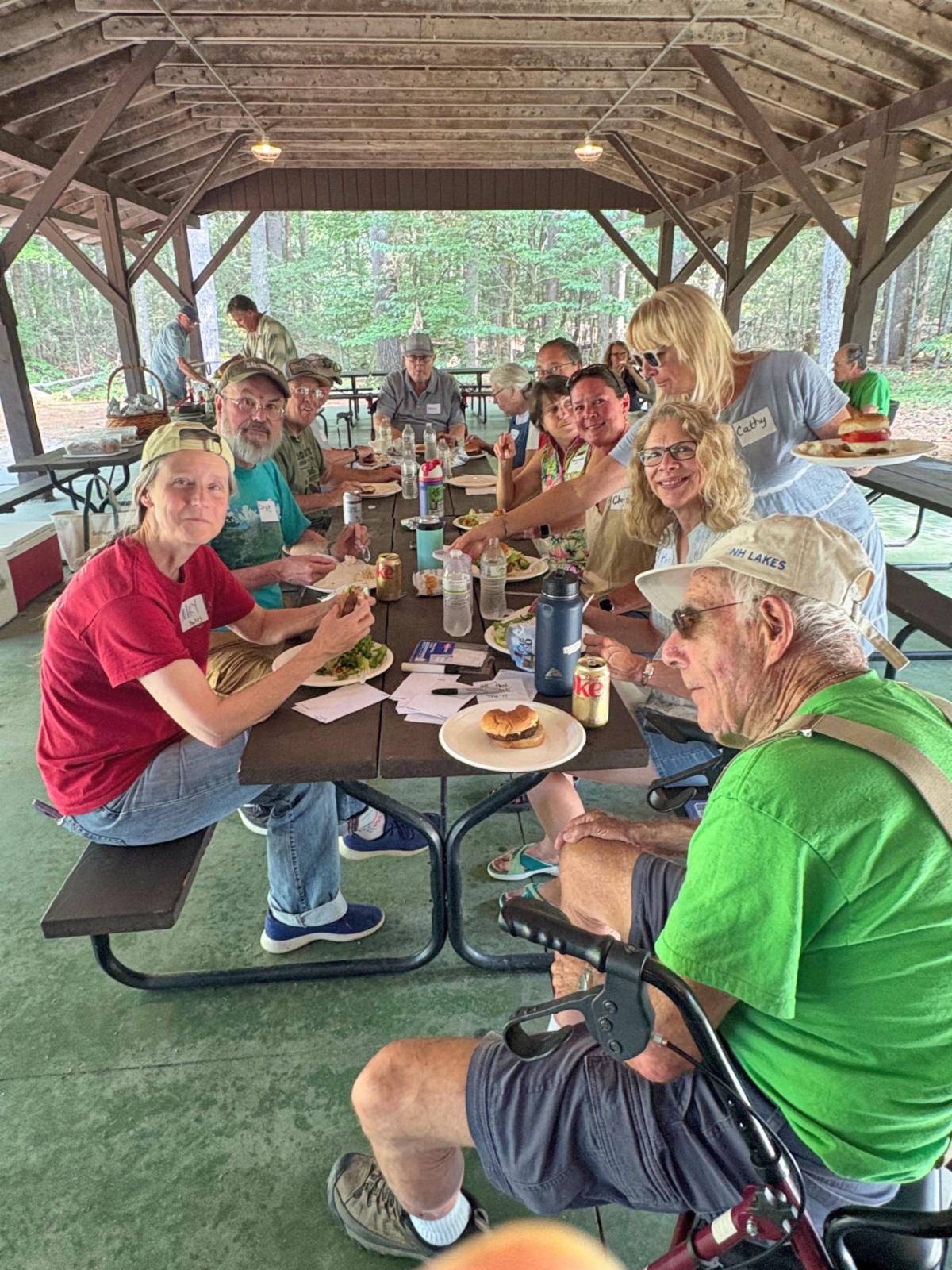
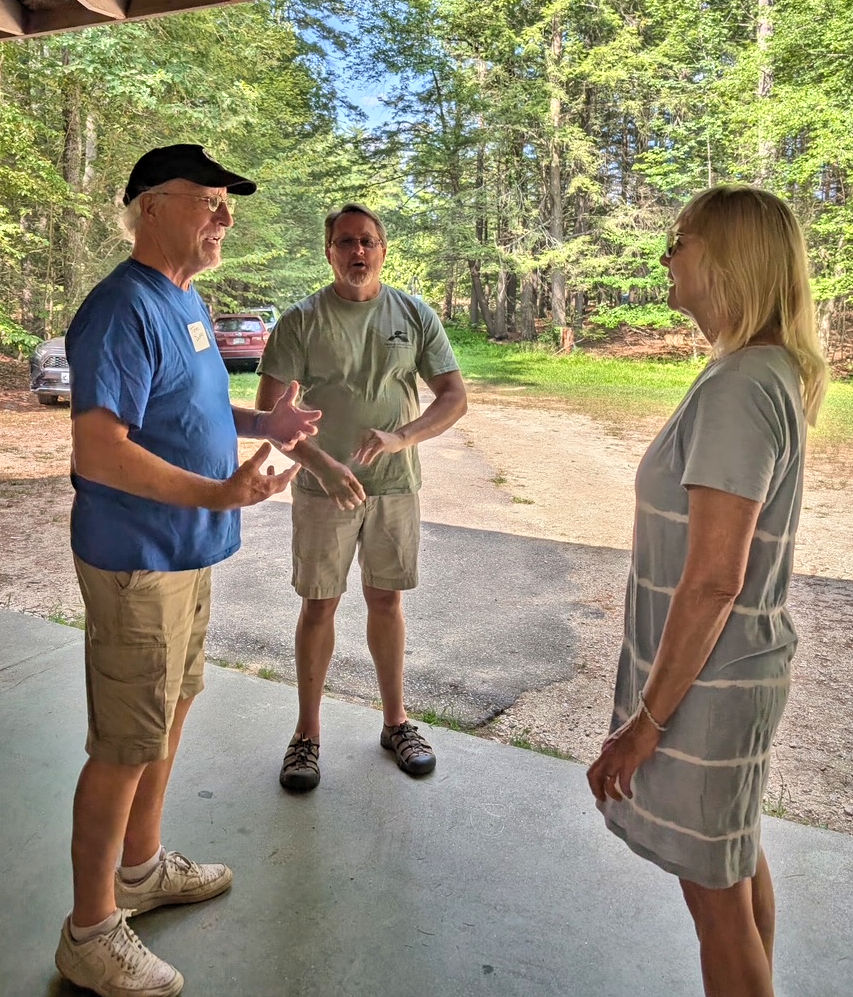
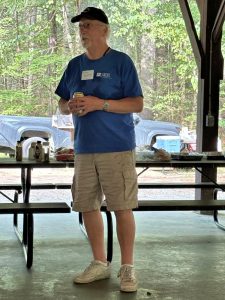
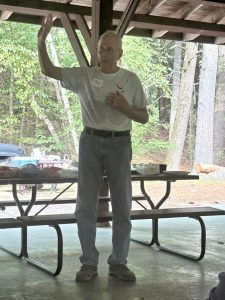 Milfoil Team Coordinator Neil Santos outlined the work ahead of us in finding and extracting this invasive, which is returning to shallow areas of the lake in troublesome infestations.
Milfoil Team Coordinator Neil Santos outlined the work ahead of us in finding and extracting this invasive, which is returning to shallow areas of the lake in troublesome infestations.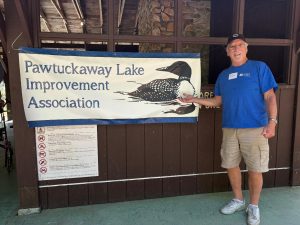
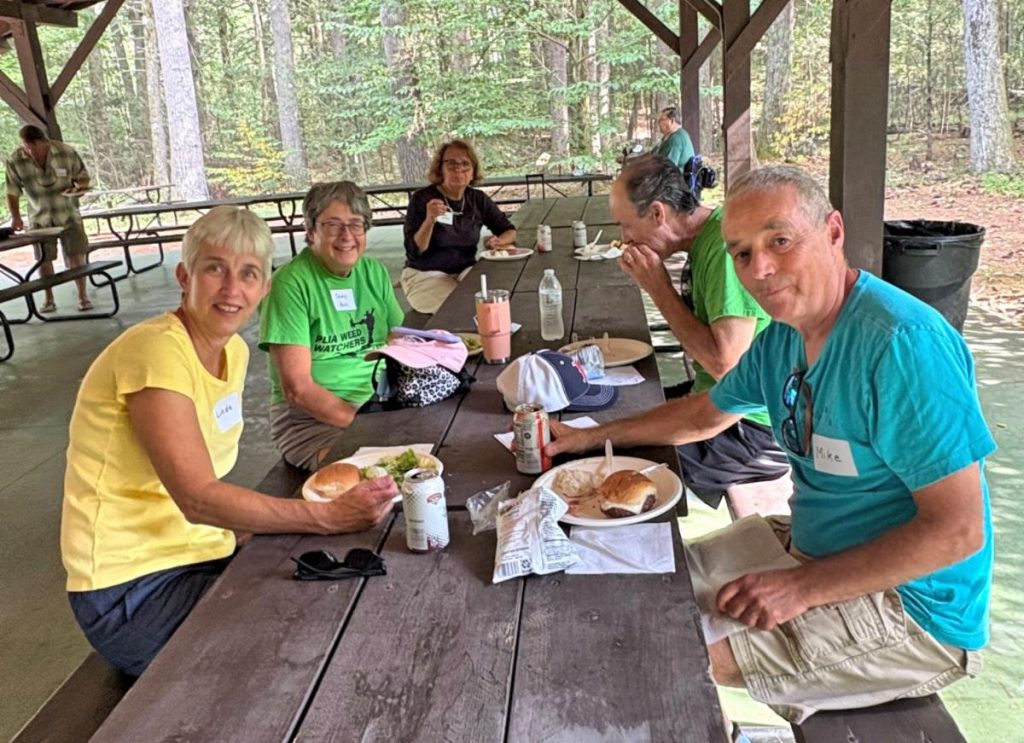
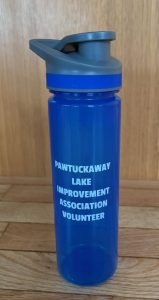
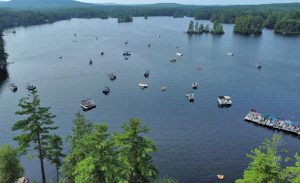
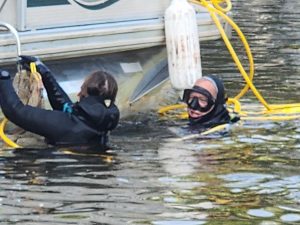 in Tuckaway Cove, clearing the way for boats to travel and float nearby to attend this event. They remain our Local Heroes!
in Tuckaway Cove, clearing the way for boats to travel and float nearby to attend this event. They remain our Local Heroes!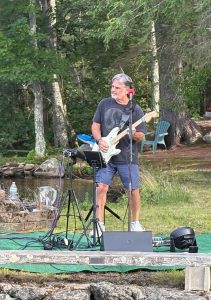
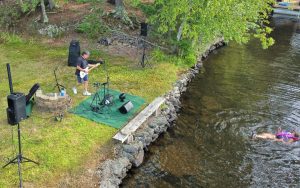
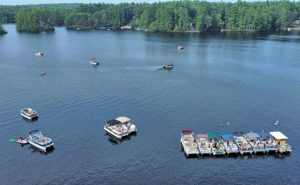
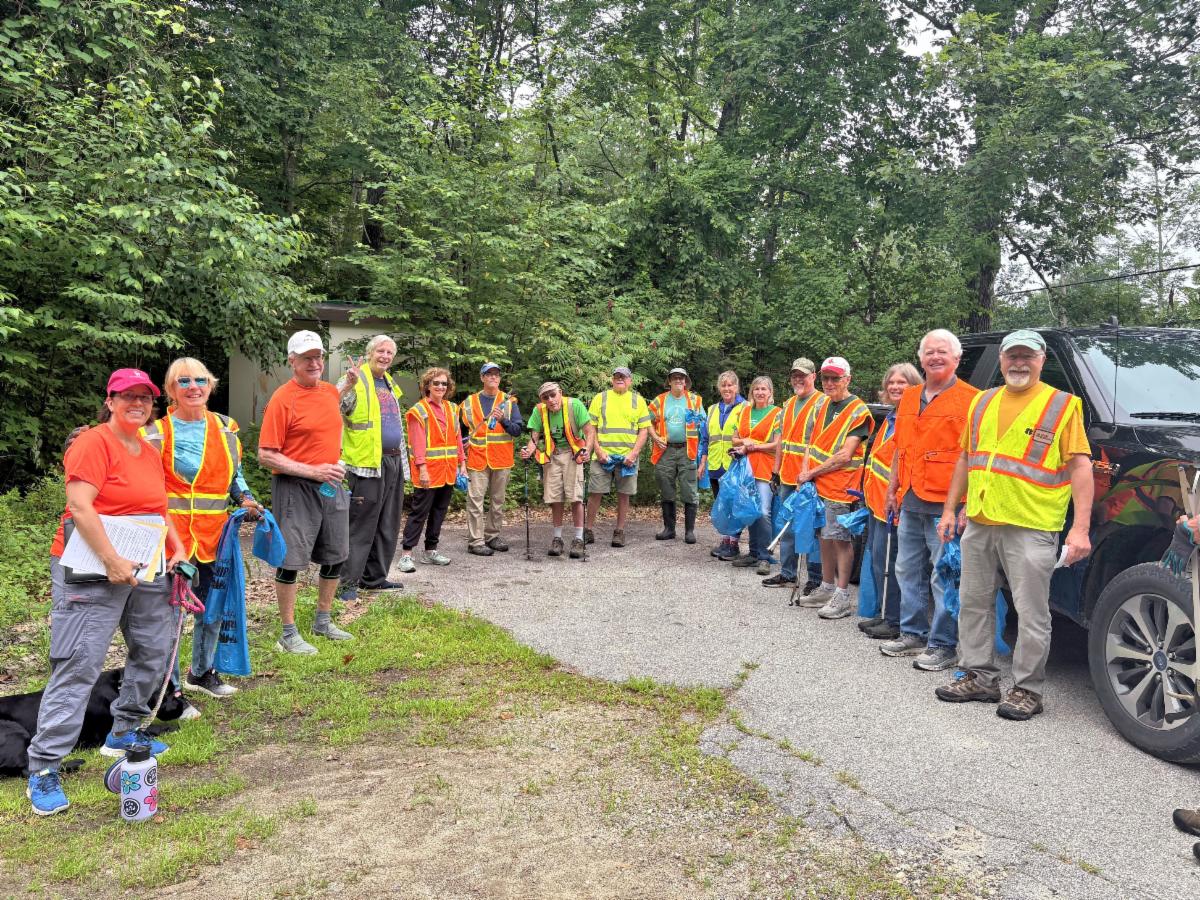
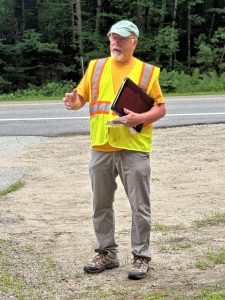


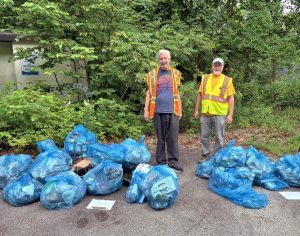
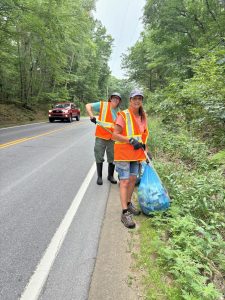
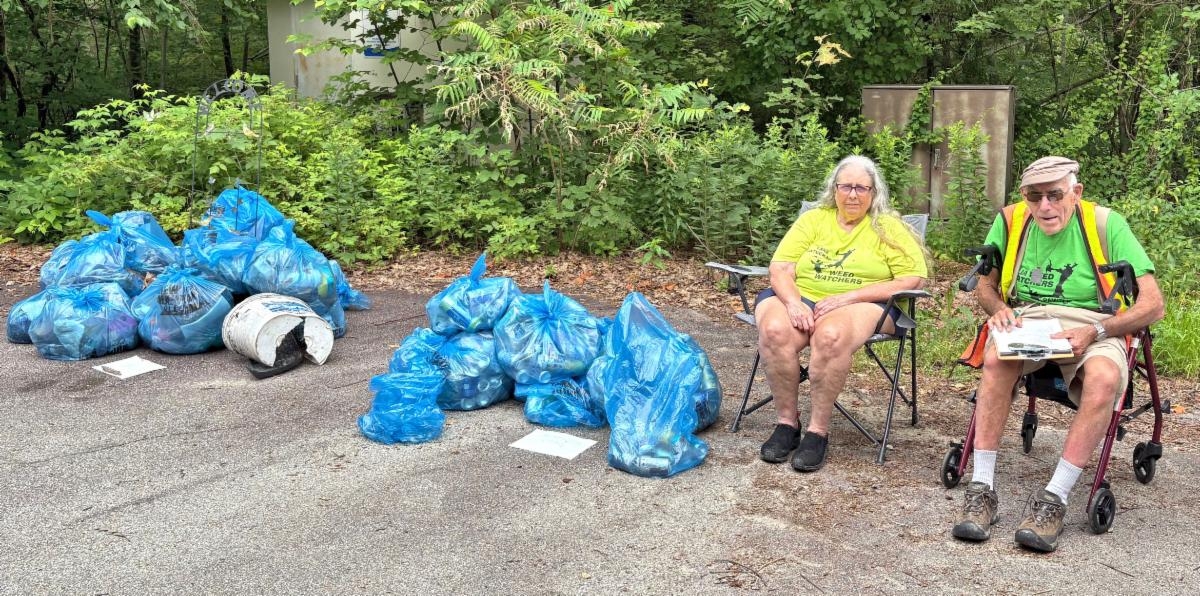
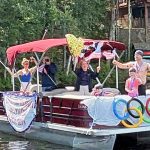
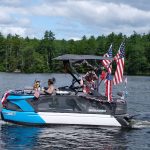
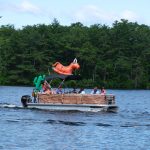
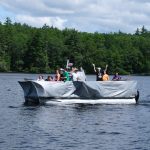
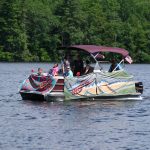
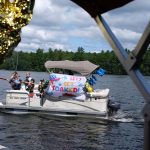
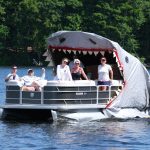
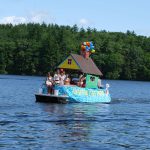
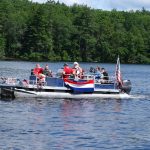
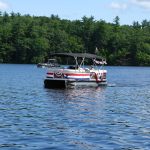
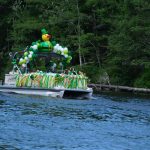
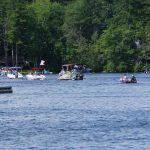
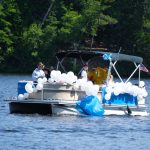
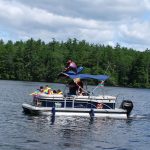
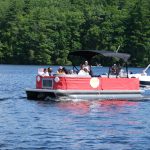






 Shelly Heit welcomed the crowd and thanked the organizers for their energy and good cheer.
Shelly Heit welcomed the crowd and thanked the organizers for their energy and good cheer. persistence of that noxious weed, and warned that it has been infiltrating our lake again, in alarming ways. His message: we cannot be complacent, because aquatic invasives like milfoil – and other dangerous pests – are a constant threat and vigilance is needed.
persistence of that noxious weed, and warned that it has been infiltrating our lake again, in alarming ways. His message: we cannot be complacent, because aquatic invasives like milfoil – and other dangerous pests – are a constant threat and vigilance is needed.










